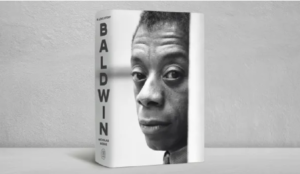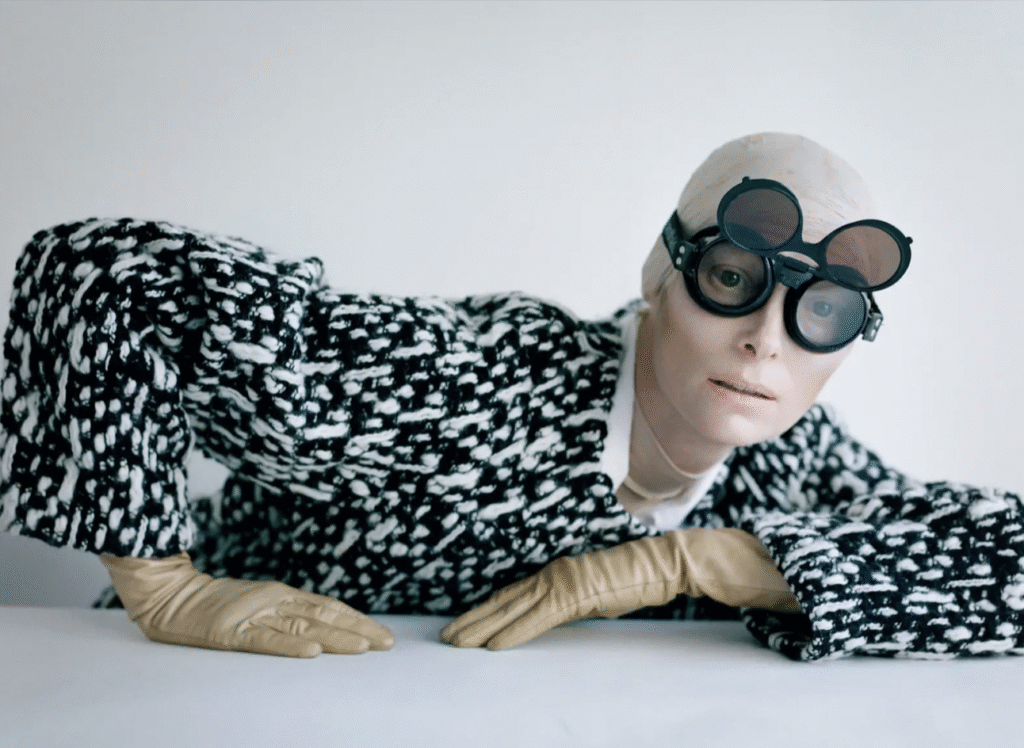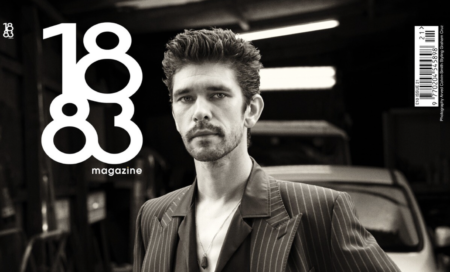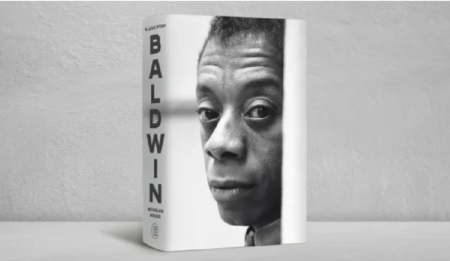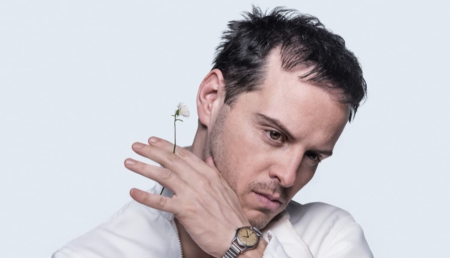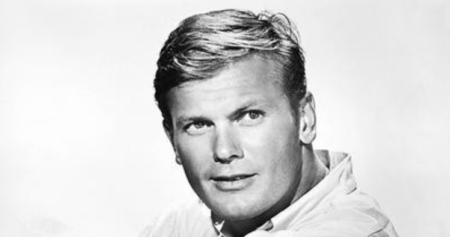Award-winning actress Tilda Swinton, widely regarded as a muse and ally within the gay community, has reflected on the profound and lasting impact the AIDS crisis had on her life. Speaking in an interview with Christiane Amanpour on CNN, Swinton recounted a harrowing period in 1994, when at just 33 years old, she attended 43 funerals. Among those lost was Derek Jarman, the acclaimed gay director who cast her in her debut film, Caravaggio, and with whom she forged a meaningful creative partnership through several works including The Last of England, Edward II, and The Garden.
Swinton also shared a poignant insight from her grandmother, who had lived through two world wars and described the AIDS epidemic as ‘this is your generation’s war.’ The actress emphasised how the memory of those lost continues to stay with her: ‘I carry all my beloveds around with me all the time,’ she told Amanpour, indicating how the crisis has shaped her both personally and artistically.
Amanpour mentioned the political climate of the 1980s in the UK and the United States, where both Prime Minister Margaret Thatcher and President Ronald Reagan faced widespread criticism for their tepid responses to the epidemic. Drawing parallels to contemporary protests against authoritarianism, movements that Swinton’s own children participate in, the actress reflected on a powerful sense of ethical boundary and collective resistance that characterised the AIDS activism of the 1980s. Swinton expressed cautious optimism, saying that the spirit of defiance and kindness she witnessed during that time remains alive and crucial today.
In addition to these reflections, the interview explored Swinton’s embrace of fluidity, a theme she has long expressed through her work and identity. Most famously, her role in the 1992 film Orlando, directed by Sally Potter and adapted from Virginia Woolf’s 1928 novel, showcased gender fluidity through the character who lives across centuries, transitioning from male to female. This role marked a landmark moment in queer cinema, challenging traditional notions of gender and identity.
Swinton’s recent book, Ongoing, further explores her career, her influential collaborations with directors including Jarman, Luca Guadagnino, and Pedro Almodóvar, and her impact on fashion and cultural conversations about identity. Through her art and advocacy, she continues to inspire those navigating the complexities of selfhood in a rapidly changing world.
Source: Noah Wire Services





